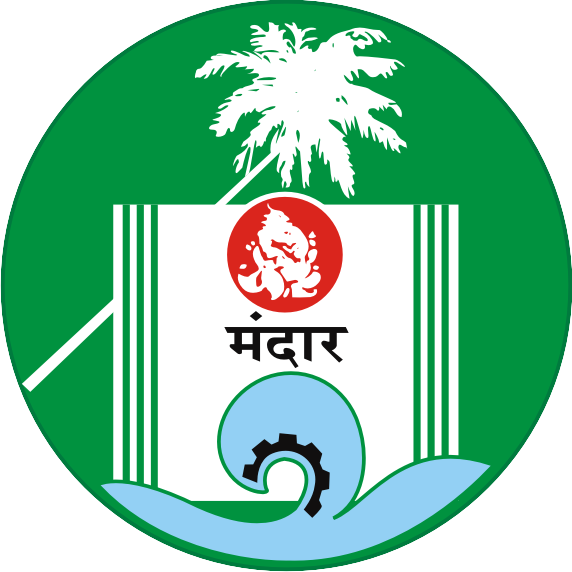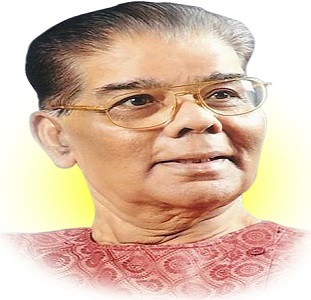 Diploma Engineering courses in this institute prepare students for courses in technical education
Diploma Engineering courses in this institute prepare students for courses in technical education


 Diploma Engineering courses in this institute prepare students for courses in technical education
Diploma Engineering courses in this institute prepare students for courses in technical education
Civil engineering is the oldest engineering discipline, is being offered at this institute from the academic year 1988. This department is endowed with a high caliber, dedicated, well qualified and experienced team of professionally inclined faculty. To sustain global competition, innovative techniques will be utilized to expose the students to the latest trends and practices in the construction industry through various activities like site visits, seminars by experts from fields and technical projects.
The main objective of the Departments is to provide students with the necessary skills and practical experience to fulfill their professional duties and responsibilities in teamwork, along with ethics, technical leadership, business acumen and lifelong learning. This will provide the path for the students to become a future engineer, innovators and make substantial contributions to the society of Civil Engineers.
| Programme | Diploma in Civil Engineering |
|---|---|
| Year of Establishment | 1988 |
| Head Of Department | MR. JOSHI SUJEET SHRIRAM |
| Email ID | sujeetjoshi75@gmail.com |
| No. of Classroom | 02 |
| No. of Laboratories | 06 |
| Lecturers | 04 |
| Technical Staff | 01 |